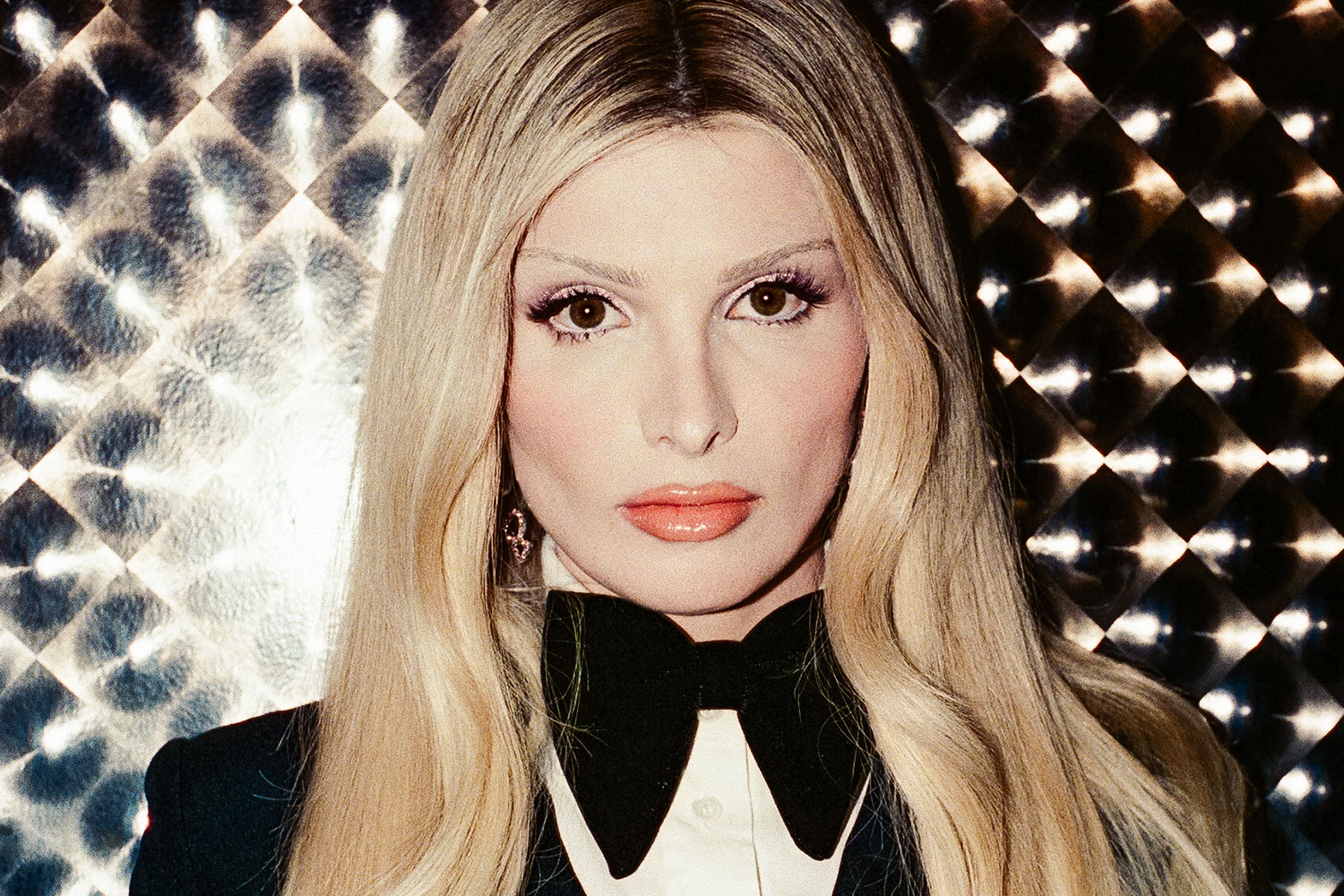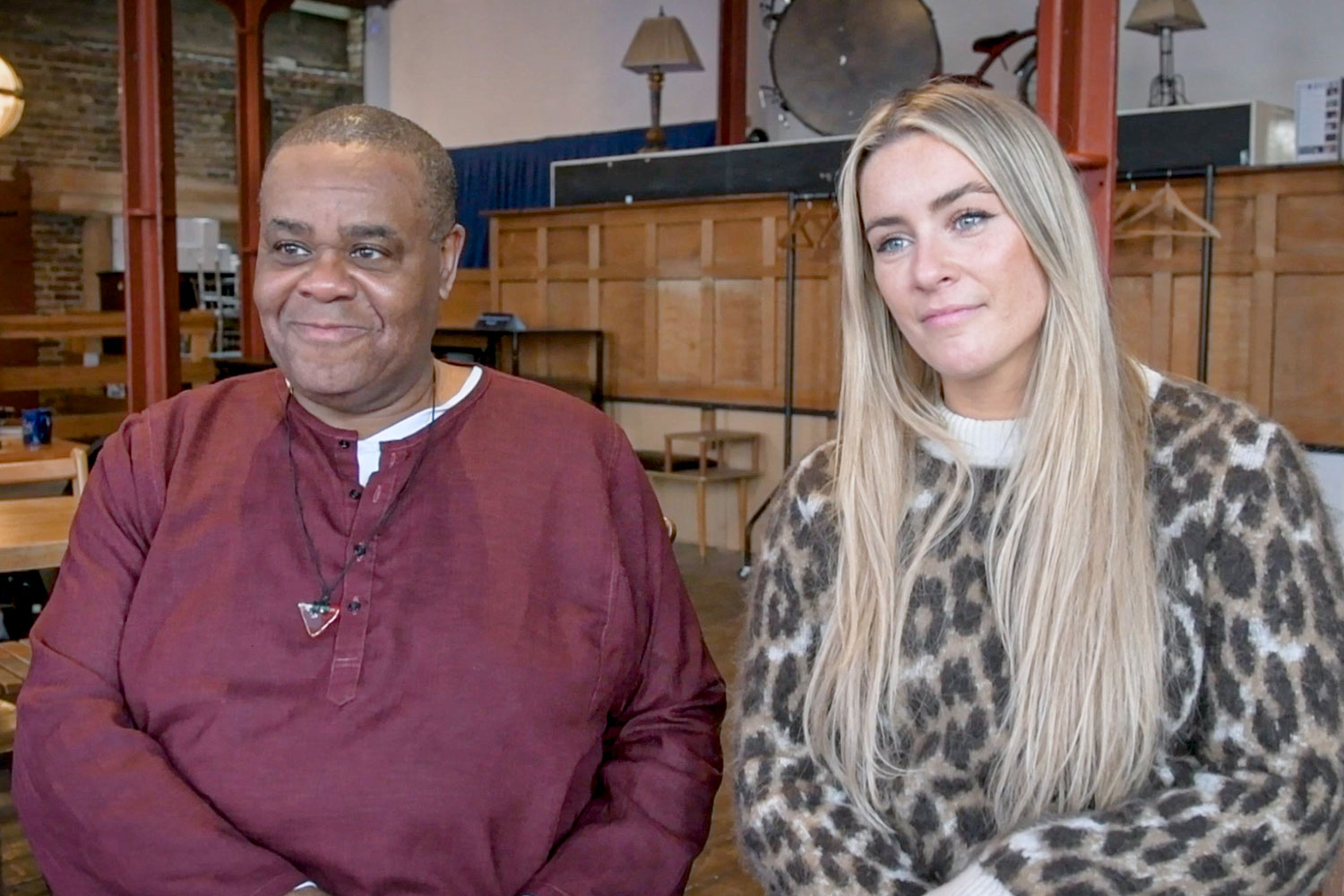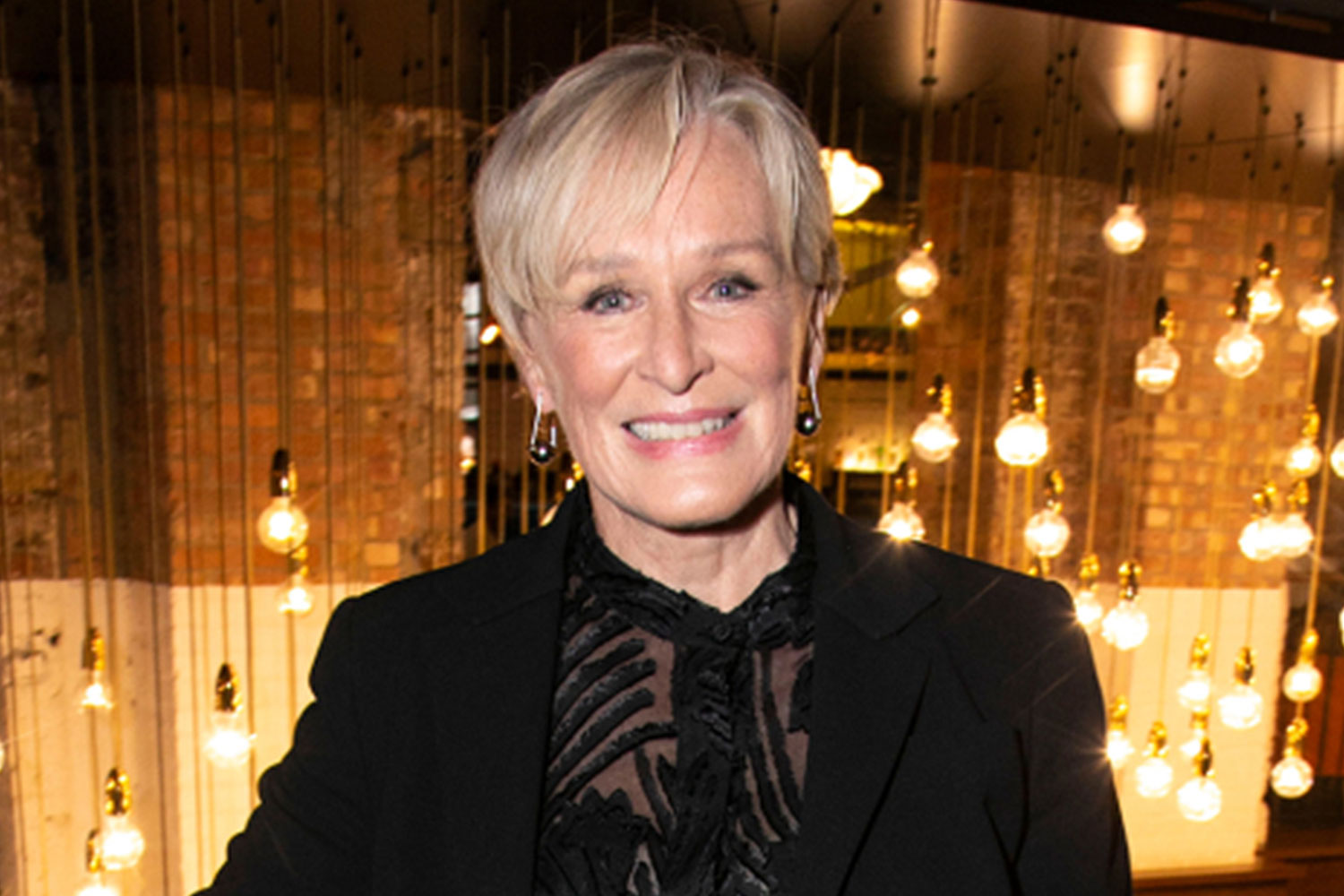Jo Caird: Parts for Women!
I
didn’t realise I had a problem with Propeller until the other day
when a friend asked if I’d like to go see Richard III
with her. My first thought was, ‘ooh, a company with an excellent
reputation who I’ve never seen: yes please’. My next thought
however was, ‘do I really want to give my money to an all-male
theatre company?’ and the answer, I have to admit, was ‘no’. Given the chronic
underrepresentation of women on the British stage, I don’t really see
how Propeller’s all-male policy can be justified, even if the work is as good as it is said to be.
You
might argue that because Propeller is an all-male
company presenting the works of Shakespeare exclusively, and all the
female parts in Shakespeare were written for and performed by
male actors, the company’s gender policy is a
valid one. And while I grant that the interplay between gender
stereotyping in drama and the logistics of Elizabethan theatre-making
is an interesting issue to consider, I think it’s one that should be
explored in a way that doesn’t deny talented, underemployed
female actors the opportunity to get their teeth into
some of the most satisfying female roles in the canon.
The
underrepresentation of women on the stage – and not just on the
stage, of course, it’s a problem that affects film and television too
– has been much discussed in recent years (if you want some figures
on the subject, this Equity co-commissioned report, Age, Gender and Performer
Employment in Europe, makes for interesting reading)
with various ideas mooted to try to explain this imbalance and find
ways of resolving it. Our hands our tied when it comes to classic
drama (all the more reason therefore not to deny female actors the
few great roles that do exist), but it’s puzzling and infuriating
that new work also favours male characters over female ones and
presents women in overwhelmingly supporting roles when they do
appear.
Fortunately,
this is an issue that female performers are seeking to address. I was
recently cheered to learn of the existence of Eggs Collective,
a Manchester-based female performance collective that champions and
showcases female artists. The group was borne of a desire to respond
to the underrepresentation of women in theatre, but its members don’t feel the need to pursue a particular artistic agenda or make
work ‘about’ women. “It’s about indirectly addressing it”, Sara
Cocker, one of the co-founders told me, “acknowledging that there’s
an underrepresentation but then also doing that in a positive way that
doesn’t have to feel alienating to anyone involved”. One day, the
British stage will offer equal opportunities to male and female performers and groups like Eggs Collective won’t need to exist. For the moment, though, I’m
glad they do.










